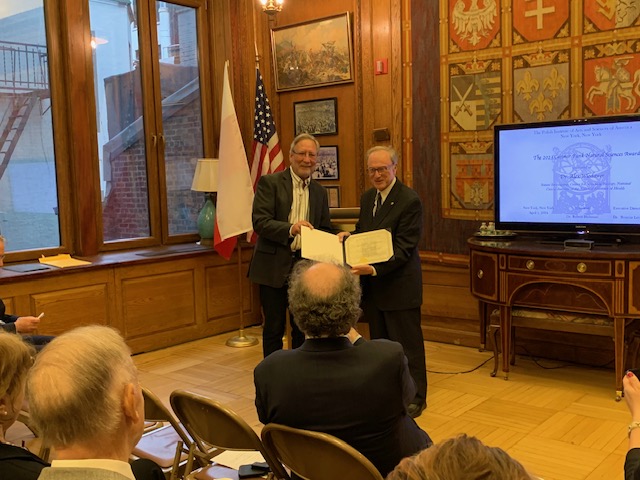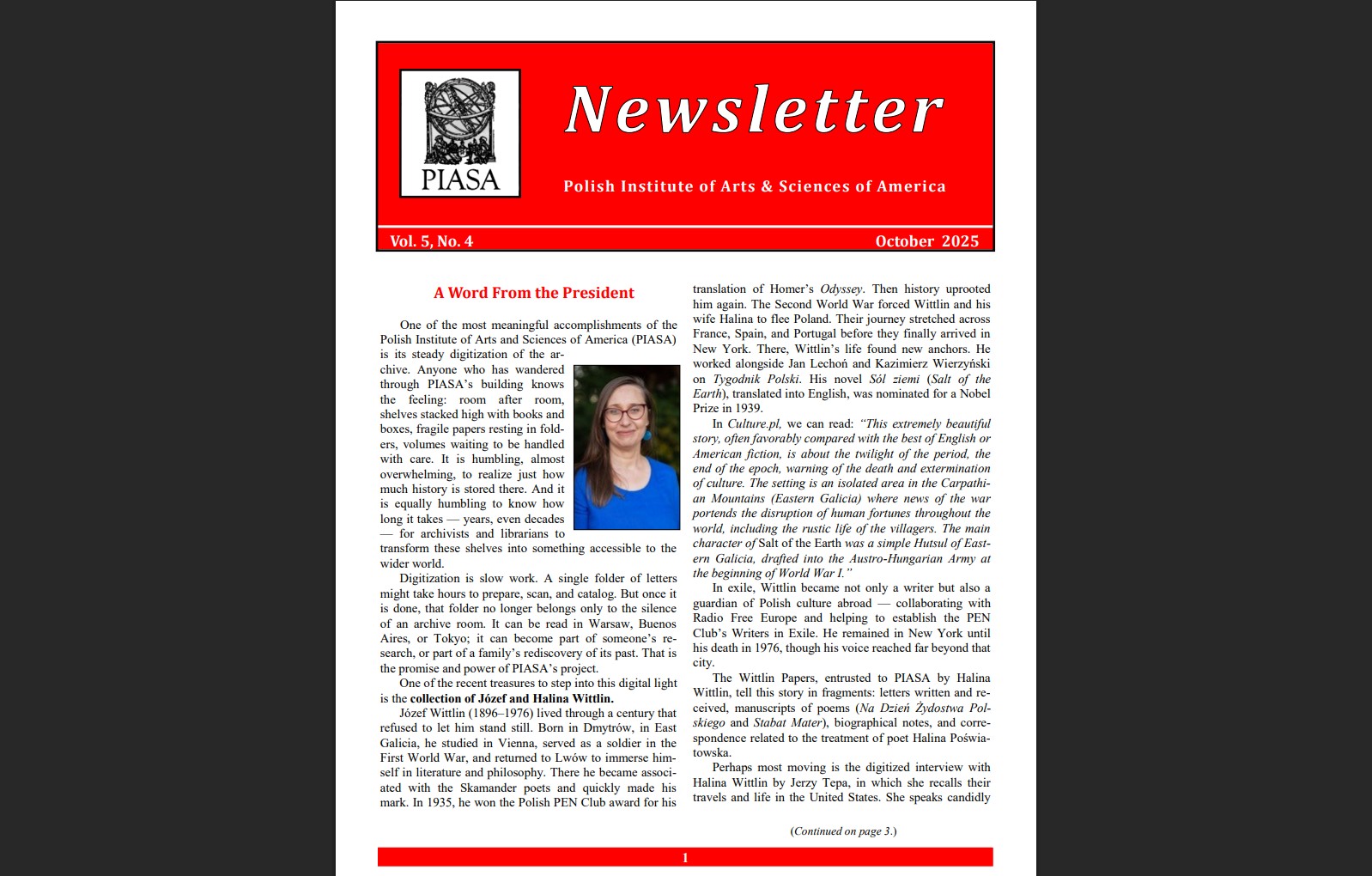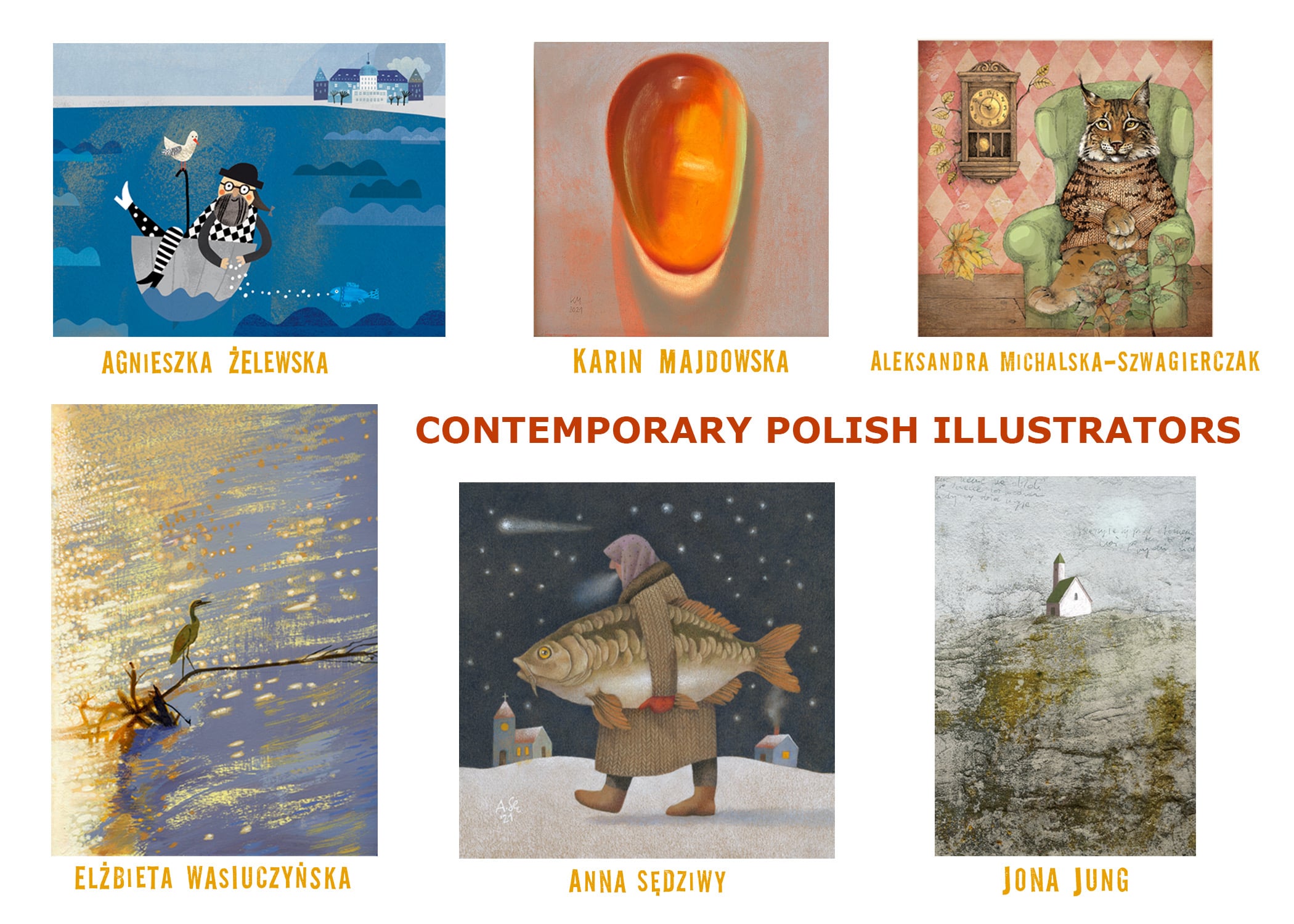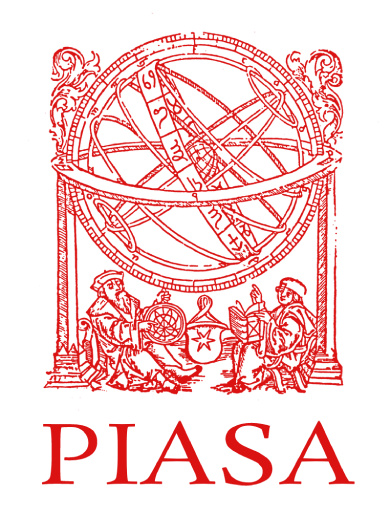2024 PIASA Science Awards presented to Eminent Polish-American Scientists
Prof. Tomasz Wierzbicki (Massachusetts Institute of Technology) and Prof. Alex Wlodawer (Center for Cancer Research, National Cancer Institute, Frederick, MD, USA)
Friday, April 5, 2024, 6:00 PM The Kosciuszko Foundation
15 E 65th Street, New York, NY 10065
The Kosciuszko Foundation and The Polish Institute of Arts & Sciences of America (PIASA) cordially invite you to the joint event honoring distinguished Polish-American scientists Prof. Tomasz Wierzbicki of the Massachusetts Institute of Technology and Prof. Alex Wlodawer of the Center for Cancer Research, National Cancer Institute, Frederick, MD, USA.
The program will feature a presentation of the PIASA’s Tadeusz Sendzimir and Casimir Funk Awards to the respective scientists and a short lecture delivered by each laureate. A light reception will follow the presentations.
The event is presented as part of the KF Collegium of Eminent Scientists Lecture Series. It is meant for a general audience, free and open to the public. Space is limited, and registration is required.
Prof. Tomasz Wierzbicki: “Aluminum as Main Structural Material on Earth and in Space”
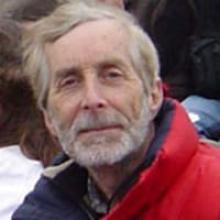
Dr. Tomasz Wierzbicki is a distinguished Professor Emeritus of Mechanical Engineering at the Massachusetts Institute of Technology (MIT). His extensive contributions in the fields of mechanical stability and crashworthiness, spanning automotive, shipbuilding, battery, aluminum, and other industries, have earned him global recognition. Notably, his analyses of the Challenger Space Shuttle breakup, the Exxon Valdez spill, and the World Trade Center aircraft impact and collapse reconstruction have significantly advanced our understanding in these areas.
During his talk at the PIASA Award Ceremony, Dr. Wierzbicki will delve into the ubiquitous use of aluminum in our everyday lives, from cars to buildings. He will also explore the future of aluminum, particularly its potential as the primary building material for infrastructure on Mars, a topic of increasing relevance in our rapidly evolving world.
Prof. Alexander Wlodawer: “What can structural biology do for human health and the environment.”
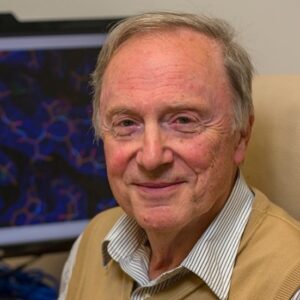
Methods employed in the field of structural biology in general, and in the investigation of three-dimensional protein structures in particular, have undergone tremendous changes in the last half-century. Detailed knowledge of such structures is the key to the development of drugs, with the treatment of AIDS providing a textbook example of the successful use of structural information for that purpose. The development of enzymes that can be used to remediate plastic pollution provides another example. Experimental methods used to study protein structures include X-ray and neutron crystallography, NMR (nuclear magnetic resonance), and, more recently, cryo-electron microscopy (cryo-EM). Recent developments of artificial intelligence-based computational approaches to structure prediction, such as AlphaFold, have been truly revolutionary. During his lecture, Prof. Wlodawer will illustrate these subjects with examples of work from his laboratory, as well as by other scientists.
Dr. Alexander Wlodawer received his Ph.D. from the University of California, Los Angeles, in 1974. After two years as a postdoctoral fellow at Stanford University, he joined the National Bureau of Standards in 1976 and then moved to the National Cancer Institute in 1978. Until 2020, he was Chief of the Macromolecular Crystallography Laboratory and now is Senior Investigator. Some of the areas of his interest are directly involved in elucidating structural features of molecules that could explain their importance to understanding cancer, AIDS, and COVID-19, but he is also active in the development of methods for protein crystallography. Dr. Wlodawer is a coauthor of 425 publications and serves on the editorial boards of several journals. He was awarded the title of Doctor Honoris Causa by the Technical University of Lodz, Poland, is an elected Foreign Member of the Polish Academy of Sciences, a recipient of the NCI Mentor of Merit Award and of the Heyrovsky Honorary Medal (Czech Academy of Sciences). In 2015, he received the American Association for the Advancement of Science – Foundation for Polish Science Award for Collaborative Research (with Prof. Mariusz Jaskolski).
Other News
2025 PIASA Award Recipients
•
February 11, 2026
Newsletter Vol. 6, No. 1 January 2026
•
December 30, 2025
CONTEMPORARY POLISH ILUSTATORS – Art Exhibition
•
November 12, 2025
Newsletter Vol. 5, No. 4 October 2025
•
September 26, 2025
Get Connected

